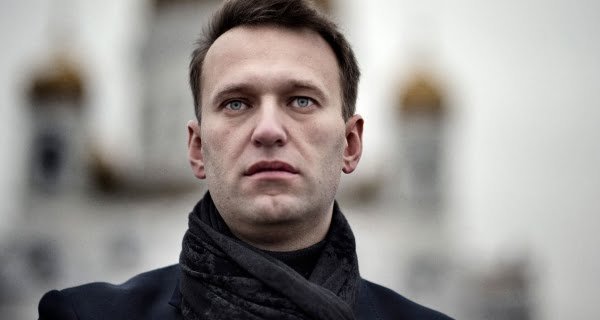
Moscow: Alexei Navalny, the Russian opposition leader and anti-corruption activist who challenged President Vladimir Putin’s rule, has died in a Siberian prison, sparking international condemnation and calls for an independent investigation. Navalny, 47, was serving a 19-year sentence in a penal colony in the Yamalo-Nenets region, about 1,900 km (1,200 miles) northeast of Moscow, where he had been transferred in August last year after being convicted of extremism and fraud charges that he denounced as fabricated.
According to a statement by the Federal Penitentiary Service of the Yamalo-Nenets Autonomous District, Navalny “felt unwell” after taking a walk on Friday and “almost immediately lost consciousness.” Medical staff were called, but they failed to revive him. The cause of death was not yet established, the statement said. Russia’s Investigative Committee said it had opened a procedural inquiry into the death.
Navalny’s death came as a shock to his supporters and allies, who accused the Kremlin of orchestrating his murder. Dmitry Muratov, a Russian newspaper editor and Nobel Peace Prize laureate, told Reuters that Navalny was “brutally murdered” by the prison authorities, who subjected him to harsh and inhumane conditions. Navalny had previously complained of malnutrition, sleep deprivation, and lack of medical care in the prison, where he was isolated from other inmates and subjected to constant surveillance.
Navalny’s death also triggered a wave of outrage and criticism from world leaders, human rights groups, and civil society organizations, who demanded that Russia be held accountable for the killing of its most prominent dissident. US President Joe Biden called Navalny’s death “an appalling tragedy” and said that “Russia is responsible for this.” He also announced new sanctions against Russia for its human rights violations and interference in the 2020 US election. European Union leaders expressed their “deep sadness” and “solidarity” with Navalny’s family and friends, and called for a “full and transparent investigation” into his death. They also urged Russia to respect its international obligations and release all political prisoners.
Navalny was a leading figure in the Russian opposition movement, who exposed the corruption and abuses of Putin’s regime and mobilized millions of Russians to protest against his authoritarian rule. He was also a victim of several assassination attempts, including a poisoning with a Novichok nerve agent in 2020, which he survived after being treated in Germany. He blamed the attack on the Russian Security Service (FSB) and Putin himself, who denied any involvement. Navalny returned to Russia in January 2021, knowing that he would face arrest and imprisonment. He was detained at the airport and sentenced to 30 years in jail for violating the terms of a suspended sentence from a previous case. He appealed the verdict, but it was upheld by the Russian Supreme Court.

Navalny’s death marks a dark day for democracy and human rights in Russia and a major blow to the opposition movement that he inspired and led. His legacy, however, will live on in the hearts and minds of millions of Russians who share his vision of a free and fair society. As Navalny himself said in his last message to his supporters before his death: “We will not give up. We will not retreat. We will fight until victory.”




















































